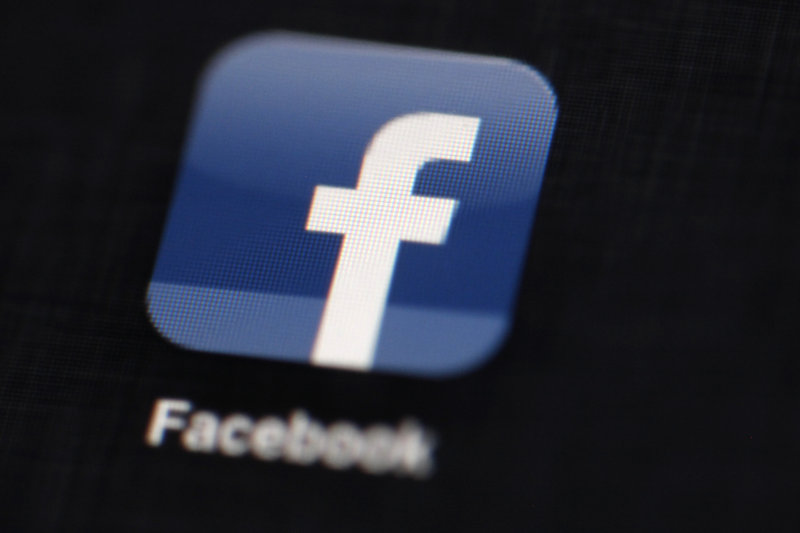LOS ANGELES – Think the plunge in Facebook’s stock after its sluggish earnings report was bad? Wait until a torrent of new shares hits the market in a few weeks.
Facebook will free up nearly 1.7 billion shares — four times the number now trading — starting next month as provisions that had barred employees from selling their holdings begin to expire.
That could cause the latest migraine for dispirited Facebook investors, who watched in anguish as the stock was bludgeoned after last week’s second-quarter earnings report.
The stock, which skidded 6.2 percent on Tuesday and is down 43 percent since Facebook’s initial public offering in May, hardly needs an overhang of new supply, experts say.
“It’s like a train coming around the corner toward shareholders, so they better get out of the way,” said Francis Gaskins, president of research firm IPOdesktop.com.
About 268 million shares will be released in mid-August, an additional 192 million shares in mid-October and the largest slug — more than 1.2 billion shares — in mid-November.
Though most of those shares will not be sold, the new supply still will dwarf the 421 million the company sold in the IPO.
Companies typically prohibit most employees and big investors from unloading shares in an IPO.
That limits initial selling pressure and avoids the perception that insiders are rushing for the exits.
The expiration of “lock-up” agreements typically unleashes selling pressure as insiders cash in some of their holdings.
“Certainly many shareholders will sell to diversify,” said Jay Ritter, an IPO expert at the University of Florida.
“If I was an employee of the company and I had a lot of my paper wealth in Facebook stock and I was renting an apartment even though I was a millionaire on paper, I would sell some of my stock.”
The lock-up provision is just the latest issue to blemish Facebook’s IPO, which was one of the most eagerly awaited in history but fast turned into one of the more prominent duds.
The shares sank almost from the moment they began trading, as doubts mounted about the company’s prospects. Though Facebook is profitable and growing, the stock had little margin for error, given the lofty expectations and rich stock valuation.
Facebook last week said revenue rose 32 percent in the second quarter, but investors were unnerved by rising marketing costs and ongoing worries about its unproven strategy in mobile applications.
The lock-up-related selling pressure could be more pronounced with Facebook than other companies, experts say. The disorienting stock plunge could prompt employees to unload more shares than they would have if the stock were rising.
Stocks decline an average of 2 percent to 3 percent in the week that lock-ups expire, according to Ritter’s research.
But some other social media companies whose shares had plummeted were thumped even further when their lock-ups came off.
Shares of online coupon purveyor Groupon Inc. declined 8.9 percent when its lock-up expired on June 1, said Sam Hamadeh, chief executive of research firm PrivCo. The stock dropped nearly 20 percent that week.
Likewise, shares of online gaming company Zynga Inc. fell 7.9 percent when its lock-up expired on May 29, Hamadeh said. It fell 9.1 percent for the week.
Even if the expiration of the lock-up doesn’t kneecap “I think Facebook is going to be a mess until the lock-ups are done,” said Michael Pachter, an analyst at Wedbush Securities. “Nobody trusts their shareholders, the insiders, the VCs and the way they behaved in the IPO — greedily.”
Send questions/comments to the editors.



Success. Please wait for the page to reload. If the page does not reload within 5 seconds, please refresh the page.
Enter your email and password to access comments.
Hi, to comment on stories you must . This profile is in addition to your subscription and website login.
Already have a commenting profile? .
Invalid username/password.
Please check your email to confirm and complete your registration.
Only subscribers are eligible to post comments. Please subscribe or login first for digital access. Here’s why.
Use the form below to reset your password. When you've submitted your account email, we will send an email with a reset code.